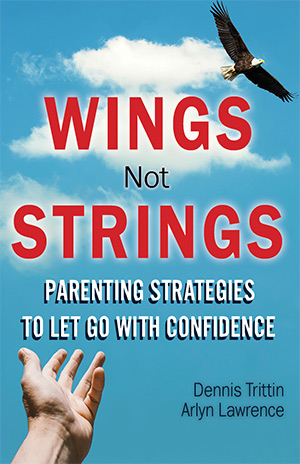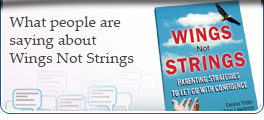Embrace Constructive Feedback
2/15/2013 1:21:33 PM
How committed are you to correcting your weaknesses and building your strengths? Do you embrace constructive feedback when it comes your way?
Let’s face it. Most of us love to receive compliments—but criticism? Not so much. Criticism, even if it’s constructive, can sometimes make us feel guilty, ashamed, or inadequate. We often become angry or withdrawn when we receive it. We can be defensive. Or, out of hurt, we turn the tables on the people criticizing us, attacking their credibility and motives.
The common sense reality is that if we’re genuinely interested in improving ourselves, we should be just as interested in hearing about our weaknesses as we are our strengths—even if the method of delivery is indelicate. We are, after all, a work in progress!
It’s a great idea to make it a practice to actively solicit constructive feedback from your superiors, friends, and role models. This means asking them questions such as:
- Am I meeting your performance expectations?
- How can I improve—as a person and as a colleague?
- What do you see are my strengths and weaknesses?
It also means being able to receive the feedback with a grateful heart whether you asked for it or not. It’s natural to react defensively when someone gives critical feedback. But if you do, you’ll miss a golden opportunity to learn and grow. Here is some advice to receive criticism well and use it to your advantage:
- Don’t take it personally. If someone criticizes you for something you’ve done, it doesn’t mean they don’t like YOU.
- Learn to separate yourself from the criticism and take it at face value. Think of it as a gift from someone who cares about you!
- Resist the temptation to interrupt or argue. Thank the person giving you feedback, and assure him or her you’ll take it to heart and consider it.
- Thank the person for the feedback. If it seems appropriate, enlist his or her help for making changes related to the advice given.
- Ask for specific examples of any behaviors needing improvement.
This is especially important for young people to embrace—a challenge when they’re exerting their independence and think they know it all. I adopted this practice early on in life and consider it one of the most valuable life lessons in my career. It made me progress that much faster by seeking the wisdom and feedback of others. It’s a hallmark of excellence!
Make it a point to ask for one piece of constructive feedback from someone in your life and practice responding in the ways we’ve just discussed. Are you a parent or teacher? Share this lesson with the young people in your life. If they apply it, they’ll likely thank you for it some day!
Tagged as: relationships, communication, criticism, career-ready, career, performance, feedback



















